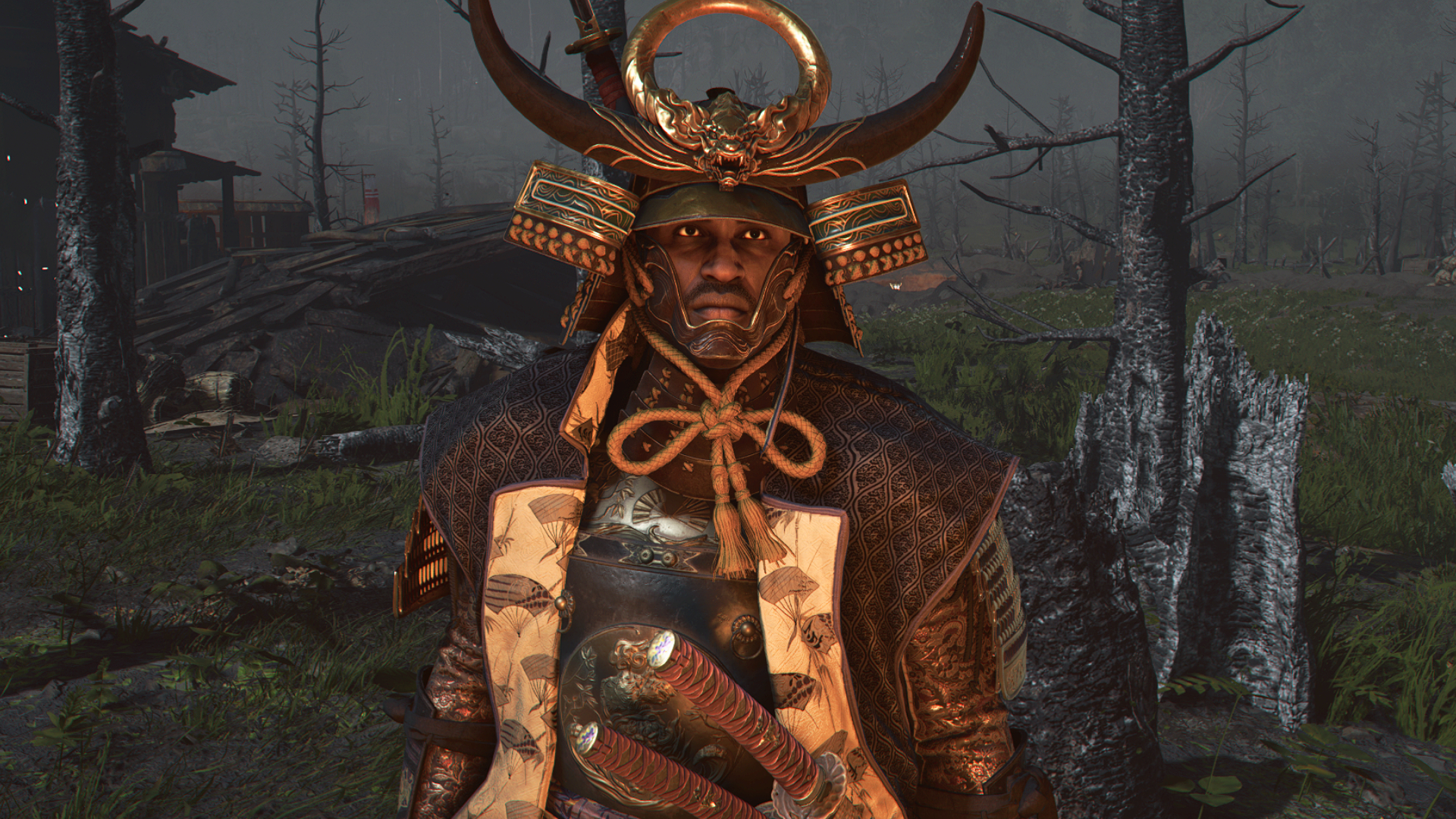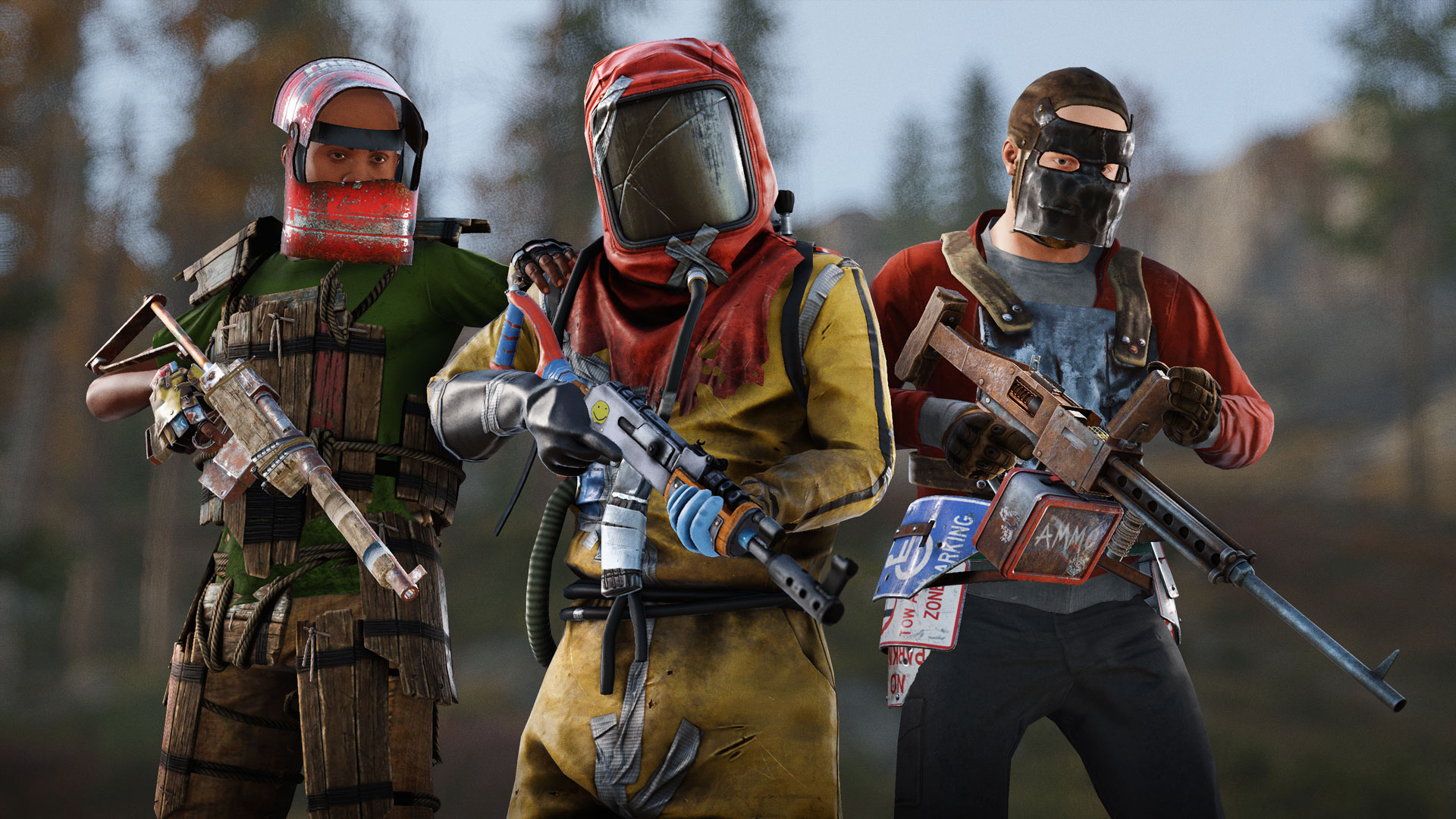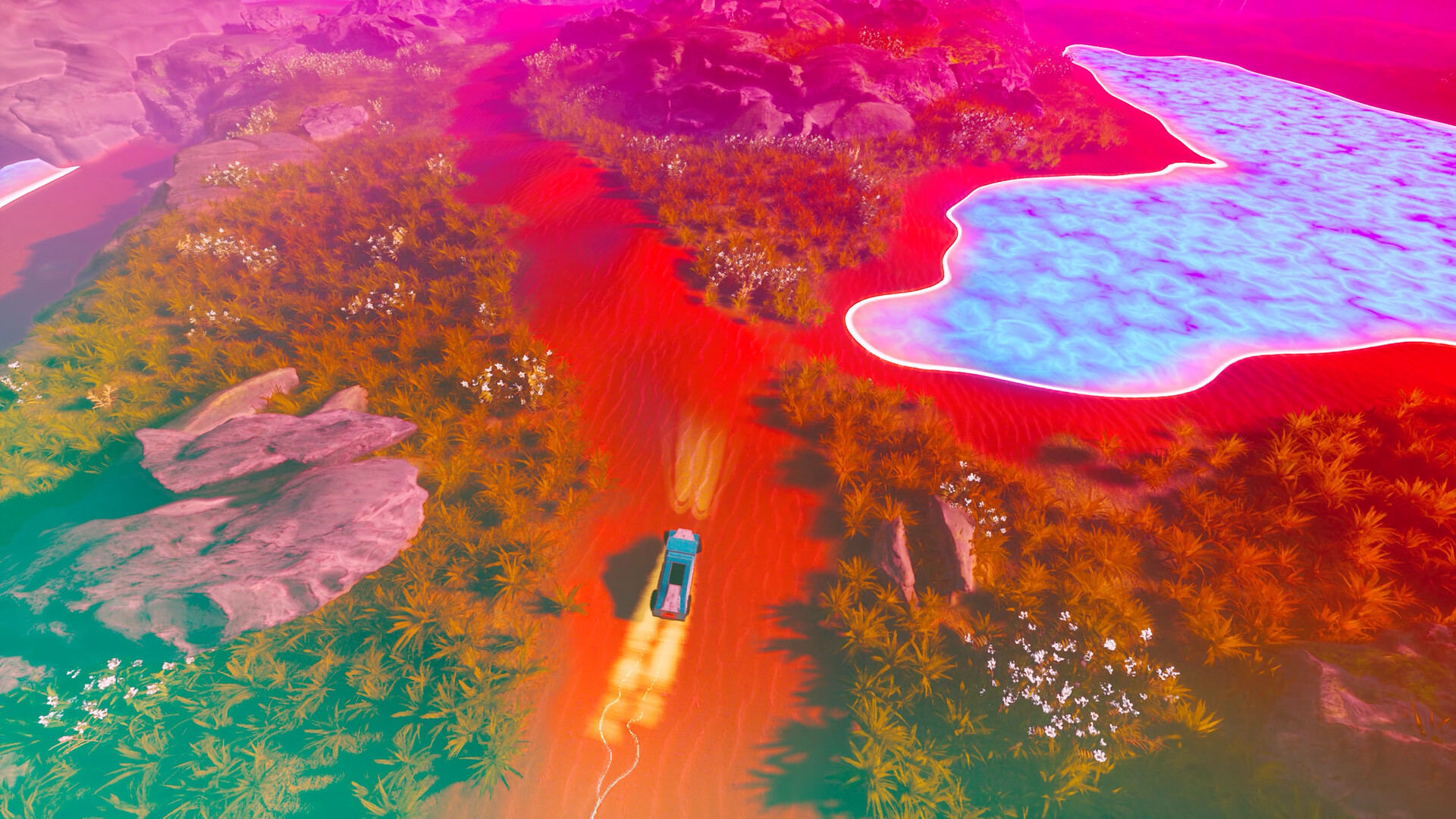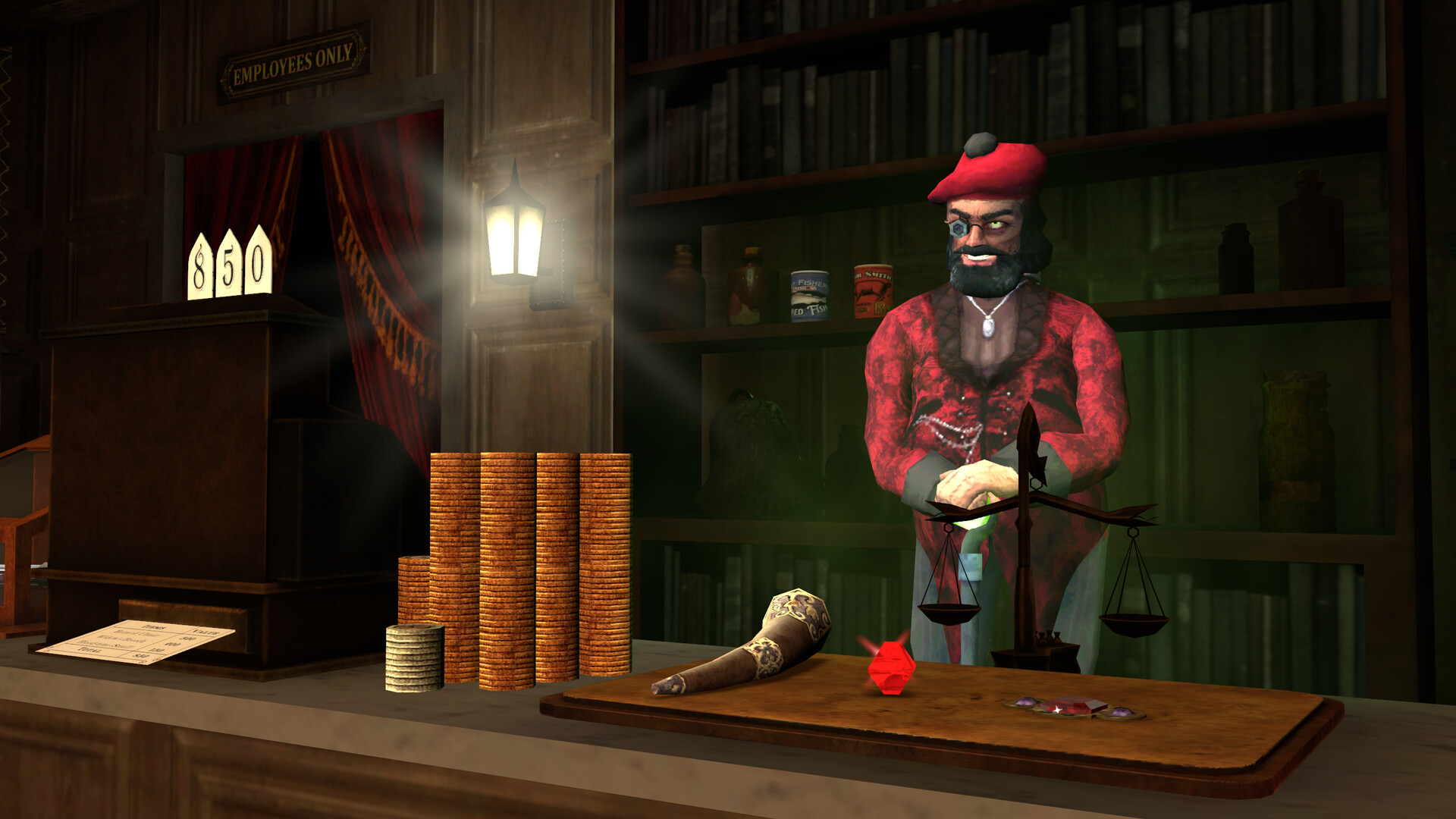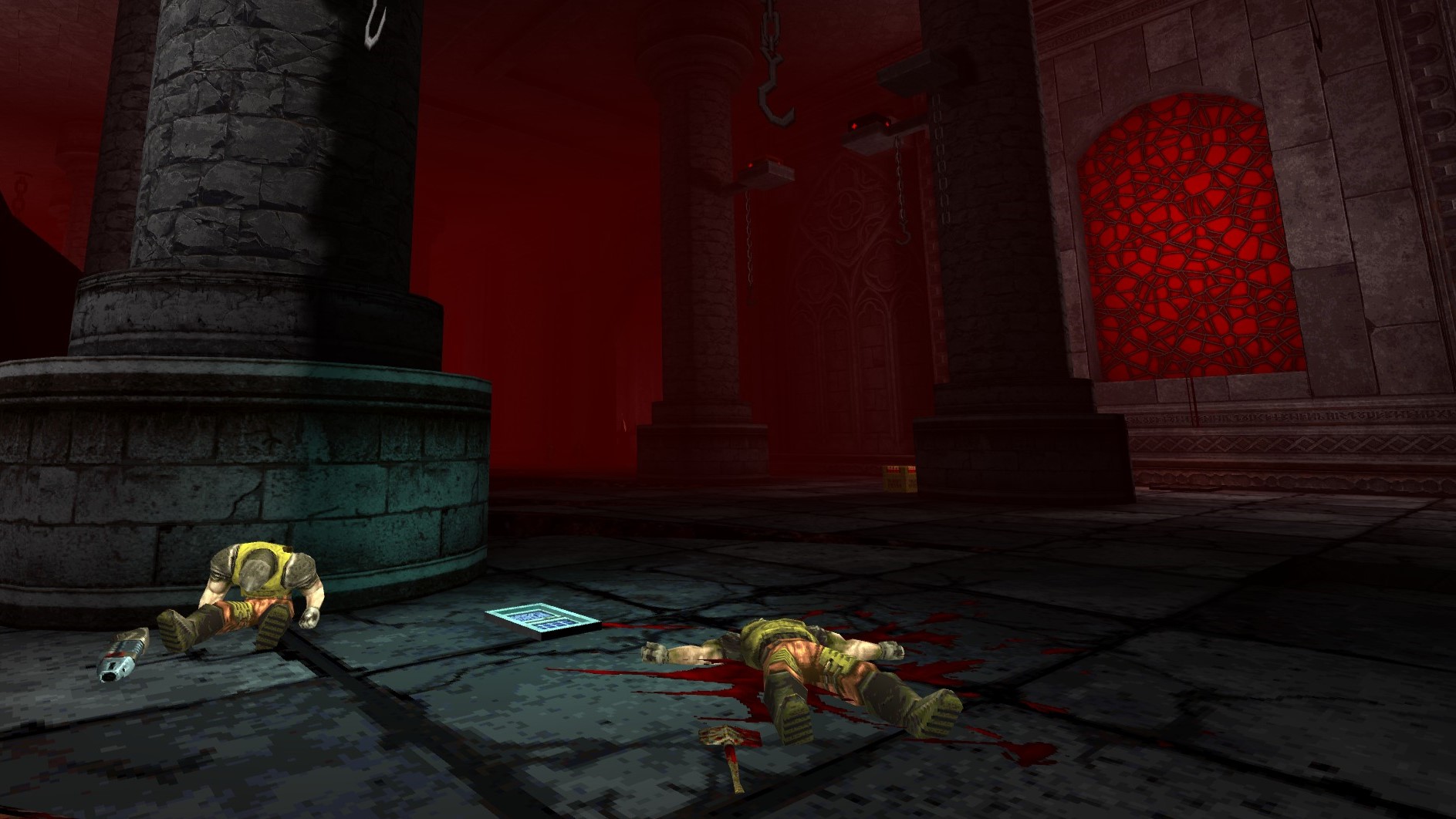
Horror and flesh await, along with hundreds of secrets and 5,200 enemies.
Exploring eldritch hell-dungeons is par for the course in Quake, but this is the first time the dungeon itself has said “I want to feel you inside me.” Just how far will Quake’s hero go on a first date? Welcome to The Immortal Lock, likely the largest, fleshiest Quake map ever made, and essentially a whole action-horror game in a single contiguous space. Over a year and a half in the making, it’s a harrowing 3-5 hour experience, potentially much longer depending on how much secret meat you want to strip from its bones and how frequently you die.
You will die, too. This is Quake turned up nearly as loud and hard as it goes, so quicksave often. The readme file implores that whatever difficulty you normally play Quake on, you’ll want to go one lower, as this is intended to be a harrowing experience. If you’re a beginner or returning old fan, there’s no shame in dialing it down to easy. I usually play on hard, and normal had me sweating through almost every fight and retrying regularly. Brutal, but far from wasted time, as The Immortal Lock is an excellent downward spiral into a dimension of yearning meat, backed up by some compelling hidden lore owing to the mapmaker’s primary artistic outlet: Surreal horror writing.
The other kind of vore
The setup is standard enough for Quake. An assault research team has gone missing, so they’re sending Ranger (Quake’s unnamed protagonist), the Most Badassest of Marines to find out what happened. But things escalate quickly and you find yourself in the guts of a living labyrinth that wants to eat you, but also wants you to enjoy the process of being chewed up and digested. The map is roughly broken up into three acts (the third of which is optional and semi-hidden, but well worth discovering), each acting as a non-linear hub consisting of several setpieces the size of a small-to-regular Quake map. It seldom repeats tricks despite the consistently fleshy theming.
There’s also a huge number of secret areas to discover. While many are just powerups in dark little nooks, some feel like small, self-contained levels unto themselves. My first playthrough I only saw a third of them. That enormous sense of scale also applies to the shootouts. Modern Quake maps tend to have higher enemy density than the original but The Immortal Lock takes it to absurd heights, with around 5,200 on Normal difficulty. For comparison’s sake, the original game contains 1,340 across its four episodes. Total.
This map has more monsters than that in a single blowout setpiece battle, and it’s one of the most spectacular (and exhausting) fights I’ve ever experienced in Quake.
There’s also a huge number of secret areas to discover. While many are just powerups in dark little nooks, some feel like small, self-contained levels unto themselves. My first playthrough I only saw a third of them. That enormous sense of scale also applies to the shootouts. Modern Quake maps tend to have higher enemy density than the original but The Immortal Lock takes it to absurd heights, with around 5,200 on Normal difficulty. For comparison’s sake, the original game contains 1340 across its four episodes. in the engine, despite the dungeon’s insistence that being consumed should be a fun time for all involved.
Fresh meat
You’d think that something of this scale and ambition would come from some ultra-veteran mapper with decades of experience. Instead, The Immortal Lock is the work of a new kid on the block; horror writer and streamer Amelie C. Langlois, usually going by the handle ‘ComfyByTheFire’. She’s only been building Quake maps for two-and-a-half years (over a year and a half of that spent on this single map), after streaming mod Arcane Dimensions. Some of the mod developers would pop into the chat, and talking with them inspired her to try mapping herself.
“I found probably the nicest and most supportive community I’ve ever encountered in the process,” Langlois said. “That’s what really made me stick to it—all the devs in Quake mapping are super talented and friendly.” Langlois first played Quake when she was a kid, which actually turned out to be a formative experience for her horror writing—something she’s been doing far longer than mapping Quake.
(Image credit: Amelie C. Langlois)
(Image credit: Amelie C. Langlois)
(Image credit: Amelie C. Langlois)
“I think I must have gotten it as a gift when I was 6 or 7, and played it on the family computer. Stuff like that, Silent Hill, and the goosebumps books, pushed me into really getting a taste for surreal horror, so I eventually started writing it for fun at around the same age and onward.”
With The Immortal Lock, she deliberately set out to make a splash. “Part of my intent was actually to do the largest Quake map ever made,” she said. “At least in terms of actual gameplay area—Ter Shibboleth technically is still larger in size because it uses giant brush-based expanses as artificial skyboxes.”
This wasn’t her first mapmaking experience period, though—before Quake, she worked in Blizzard’s StarCraft, WarCraft 3 and StarCraft 2. Langlois recommended that anyone interested in starting Quake mapping should use Trenchbroom, a powerful and relatively new level editor that she described as “ridiculously user-friendly.”
“You can make just about whatever you want.”
Meat futures
She also has no plans to slow down. The map was released scarcely 48 hours ago at the time of writing, and she has since rolled out three updates. She’s also drawing up plans to host a community ‘Meat Jam’; a showcase of squishy, gory environments using Quoth, the gameplay mod that The Immortal Lock draws its new monsters and powerups from. Beyond that, there’s an even more mechanically ambitious sequel planned—The Inversion Chamber—featuring some light RPG elements. Given that The Immortal Lock took over a year and a half to make, it might take a bit.
But in the meantime, there’s plenty more Quake to chew on/be chewed on by. I asked Amelie where a returning or relatively new Quake fan should turn to first. Her first recommendation is the recent Quake remaster, which not only includes a new episode by MachineGames but several classic community picks in its Addons menu. But once you’re ready for the real premium cuts, download a source port like vkQuake (required for Immortal Lock, now supporting the remaster content) and bite into some of these:
Arcane Dimensions: The massive community collaboration that inspired her (and many others) to start mapping. It’s a series of unconnected and sometimes lengthy one-shot adventures using a fresh library of new monsters, weapons and features, with architecture far beyond anything seen in classic Quake.
Alkaline: Similar to Arcane Dimensions, with its own set of new enemies and mechanics, and a slightly more unified high-tech aesthetic. She also mentioned plans to use Alkaline’s assets and open-source codebase as the foundation for Immortal Lock’s sequel.
Dwell: Only half-finished but already one of the most spectacular Quake mods to date. Cinematic cosmic horror, with Egyptian and Sunken Ruin-themed episodes currently done (each clocking in at easily twice the length of vanilla Quake’s equivalents), and two more coming later.
SMEJ 1: Realm of the Lost and SMEJ 2: Torrent of Impurities: Two episodes from the Finnish side of the Quake fandom. The first is short and sweet, but the latter’s larger levels wrap up with a massive, hostile and secret-laden map from Mazu, one of The Immortal Lock’s strongest inspirations.
Func Map Jam 9: A great showcase of what else can be done with Quoth, the ‘base’ mod that The Immortal Lock is built with. Expect meat, eldritch libraries and some tough fights against new monsters.
Finally, I’d also like to add a recommendation for Starslave, another of Amelie’s tough and exploration-heavy delves into cosmic weirdness. Not quite the all-you-can-eat delicatessen that Immortal Lock offers, but a beefy adventure nonetheless. Bon appetit.

